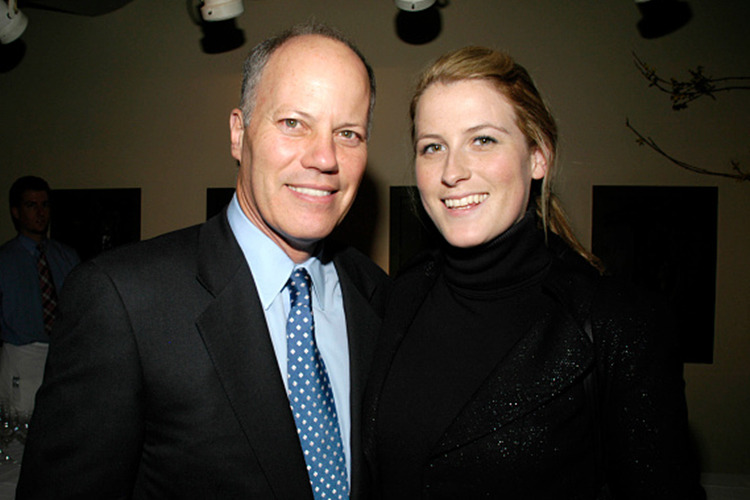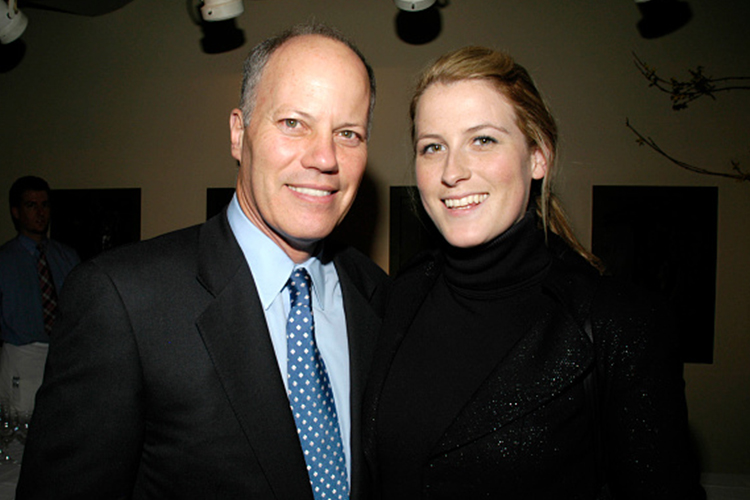Manhattan Restaurant Nello Has Reportedly Banned Solo Women From Its Bar
A high-end Italian restaurant in New York where Beyoncé and Sarah Jessica Parker frequently dine has reportedly banned unaccompanied women from eating at the bar. The new rule came to light as creative executive Clementine Crawford, who has regularly eaten solo at the restaurant's bar, found herself relegated to a table instead. When she asked why, she says she was told that a new company policy prohibited anyone from eating at the bar.
The Most Expensive Restaurant in Every State
But as Crawford recounted in an essay for Drugstore Culture, in that same moment she spotted a man eating alone at the bar. She wondered why she was "suddenly being treated so frostily." Upon "further interrogation," she wrote, the staff revealed to her "that the owner had ordered a crackdown on hookers: the free-range escorts who roamed the Upper East Side, hunting prey in his establishment."
Crawford, director of special projects at branding firm Finch & Partners, didn't identify the restaurant by name in her piece (provocatively titled "The night I was mistaken for a call girl") but later confimred to Page Six that the eatery was Nello, a popular celebrity haunt on Manhattan's Upper East Side.
The high-end staple, in business for over 25 years, touts its "accommodating" staff on its website and describes itself as an eatery "where art, fashion, politics, entertainment, aristocracy, and finance converge to create a world of urbane sophistication, genuine leisure and cosmopolitan chic on Madison Avenue." The restaurant caused a kerfuffle in 2012 for reportedly dropping a surprise $275 white truffle charge on patrons at the end of their meal.
Thinking there was some misunderstanding, Crawford recounted in her essay, she asked to speak with the proprietor to clarify the situation. The globe-trotting exec (she splits her time between New York and London and is frequently photographed at charity functions) explained to the owner that she traveled for work alone and reminded him that she was a frequent patron of the establishment. His response was not what she expected. "He told me that he could run his business as he pleased," she wrote. "And that I was no longer welcome to eat at the bar, only at a table."
Crawford's essay does not identify the owner she spoke with. The restaurant was named after co-owner Nello Balan, who reportedly still owns 50 percent of the eatery. But according to another Page Six report, Balan handed over control of the eatery in 2015 to his partner Thomas Makkos.
Apparently, this isn't the first time a solo female has been turned away from the bar at Nello. When Crawford posted her story on Instagram, commenter @dina_ny wrote, "Yes had the same experience in Nello @clementineteniqua."
Crawford, who has commented several times on women's rights via social media, links her experience to a feminist issue. "All these years we have been battling for a room of one's own," she wrote. "And, little did we know it, but we are still fighting for a seat at the table (or bar, to be strictly accurate)."
Crawford's reported woes are, unfortunately, nothing truly new. In the mid-20th century, women were often fully or partially excluded from restaurants where men would have lunch meetings because there was a belief that gossiping ladies ate slowly and would affect the men's working lunches. It was also believed that many solo female bar patrons could be prostitutes. In fact, it wasn't until the 1960s when women began to speak up about this biased practice and changes were made.
The Civil Rights Act of 1964 prohibits restaurants from refusing service to patrons based on race, color, religion, sex or national origin, but but some establishments continued to enforce discriminatory policies. In 1970, a federal court ruled that the century-old restaurant McSorley's Old Ale House had to allow women for the first time after attorney Faith Seidenberg sued.
Nello did not respond to requests for comment from Page Six or The Daily Meal. It remains to be seen whether the popular eatery continues enforcing this policy. It could just be one of those secret things restaurants don't want you to know.

